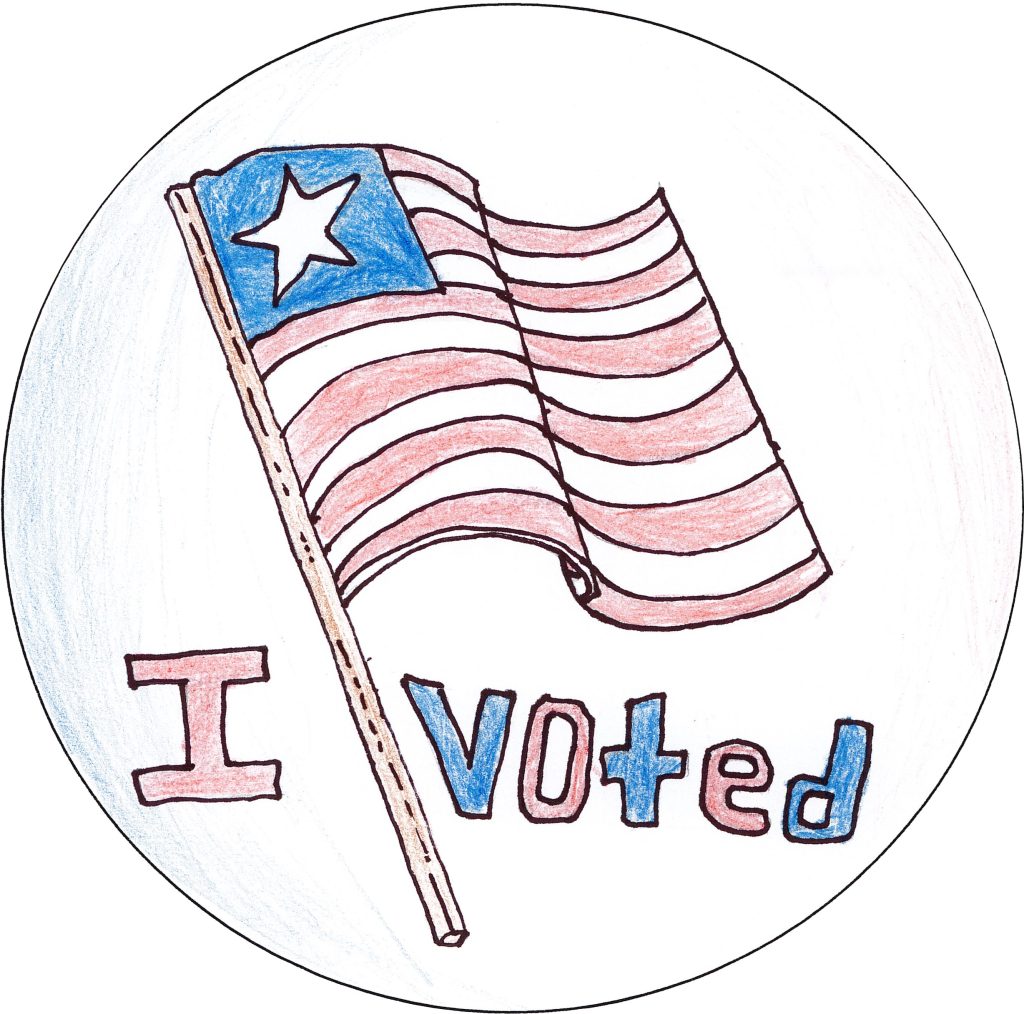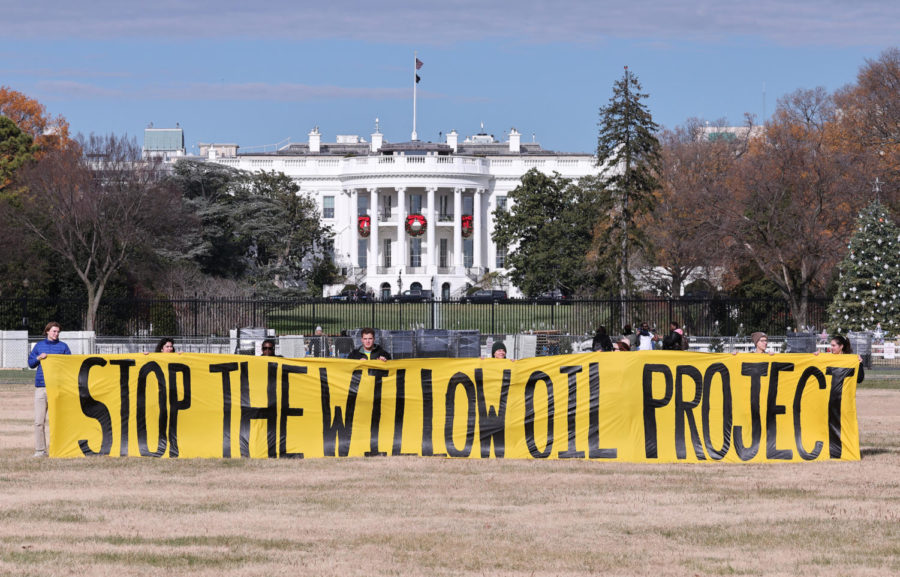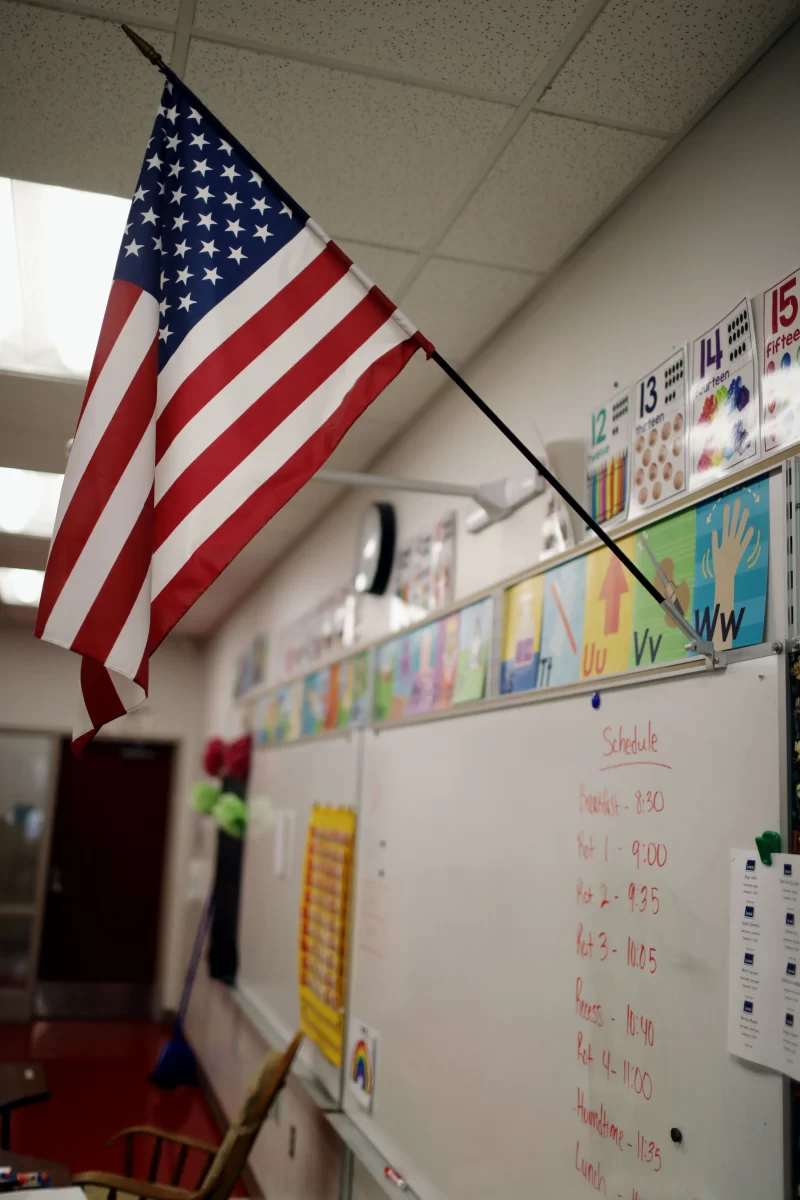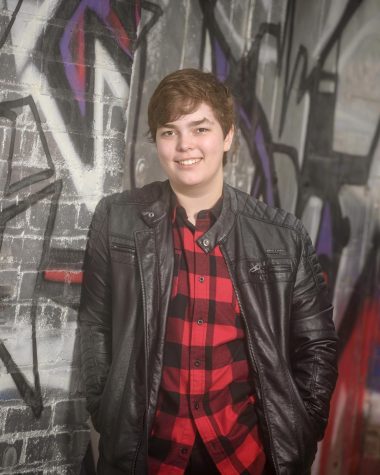Outlawing the Outed
The U.S. Military Bans Transgender Individuals from Enlisting

October 4, 2017
President Donald Trump released a string of tweets on July 26th, 2017, announcing his disapproval of transgender individuals serving in the military. Consequently, on August 25th, the President officially gave the command for the Department of Defense to override the 2016 decision allowing transgender people to openly serve in the military. Transgender people are currently unable to join the armed services, unless the secretaries of defense and homeland security dissuade the President. The decision permitting currently enlisted trans soldiers to continue serving has not been finalized.
Midshipman Thomas Williams graduated from Olathe East in 2015. He will commission as either an Ensign in the Navy or a Second Lieutenant in the Marine Corps once he graduates from the Naval Academy in May of 2019. Williams appreciated the interest, yet declined to comment on the transgender military ban.
“While we are allowed to hold personal opinions and exercise our beliefs, the Department of Defense and its members are, as a standard practice, prohibited from exercising any partisan influence as a representative of the Department of Defense,” he said.
For Williams’ protection, the views he expressed in this article are his own, and do not necessarily reflect the official policy or position of the Department of the Navy, Department of Defense, nor the U.S. Government.
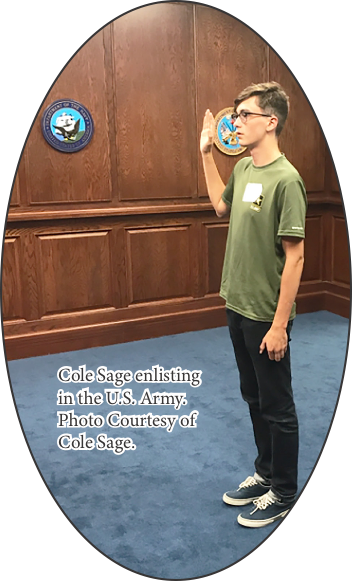 Senior Cole Sage enlisted in the U.S. Army on July 21st. He feels serving gives him the right to call himself an American and truly earn the rights he has. The military gives benefits to veterans for their service, and some enlist solely for a free college education or health care. Sage understands yet disagrees with this practice.
Senior Cole Sage enlisted in the U.S. Army on July 21st. He feels serving gives him the right to call himself an American and truly earn the rights he has. The military gives benefits to veterans for their service, and some enlist solely for a free college education or health care. Sage understands yet disagrees with this practice.
“I feel like you should be joining the military to help the country…but I think the benefits are a good thing to come along with it… You got too much time signing a blank check that could take your arm, your leg, or your life, so if you’re willing to go out there and fight- risk your life- you should get some benefits from it,” he said.
About 29-129 active transgender members of the military use these benefits to transition, an act which previously spent a maximum of 0.013% of the total annual healthcare budget. Recently, this service was overturned when the military decided to prohibit transgender individuals from enlisting.
“If you’re serving to serve, then I’m all for it. I think that one reason transgenders got banned is because maybe a few people went and joined because they want the medical benefits. I mean, there’s guys that are going every day and joining just for college, so the fact that people are getting banned just for being transgender is ridiculous to me,” Sage said.
Senior Allen Winn, a transgender student at Olathe East, fears President Trump’s involvement in transgender rights. Similar to Sage, he believed some soldiers, transgender or not, may enlist to abuse the health care benefits for themselves or families.
“If people are already doing it, why are you just now worried about it because specifically transgender people are doing it?” Winn said.
When studying LGBT+ soldiers, a Pentagon-funded RAND study found approximately 1,320 to 6,630 trans members serve out of a total of 1.3 million active members in the military. The study internationally concluded the integration of freely expressive transgender soldiers has yet to hinder military performance. However, fear of dishonorable discharge still lingers among trans members.
“I think that’s utterly ridiculous because they didn’t do anything wrong; it’s just people identifying as how they feel,” Winn said.
The removal of transition related benefits prohibits transgender individuals from seeking out hormone therapy or surgery. The only exception lies with those currently receiving the listed treatments.
“I have to live, and survive, and I don’t think I’m going to be able to do that when [Trump] is trying his best to not allow anybody to be able to transition, or to live how they wish, which I thought was the point of being in America,” he said.
Critics say President Trump’s “trans ban” radiates hate, while on August 21, he claimed prejudice and bigotry have no place in the military.
Andrea Shehi // Staff Writer
Ryan Smith // Online Editor

